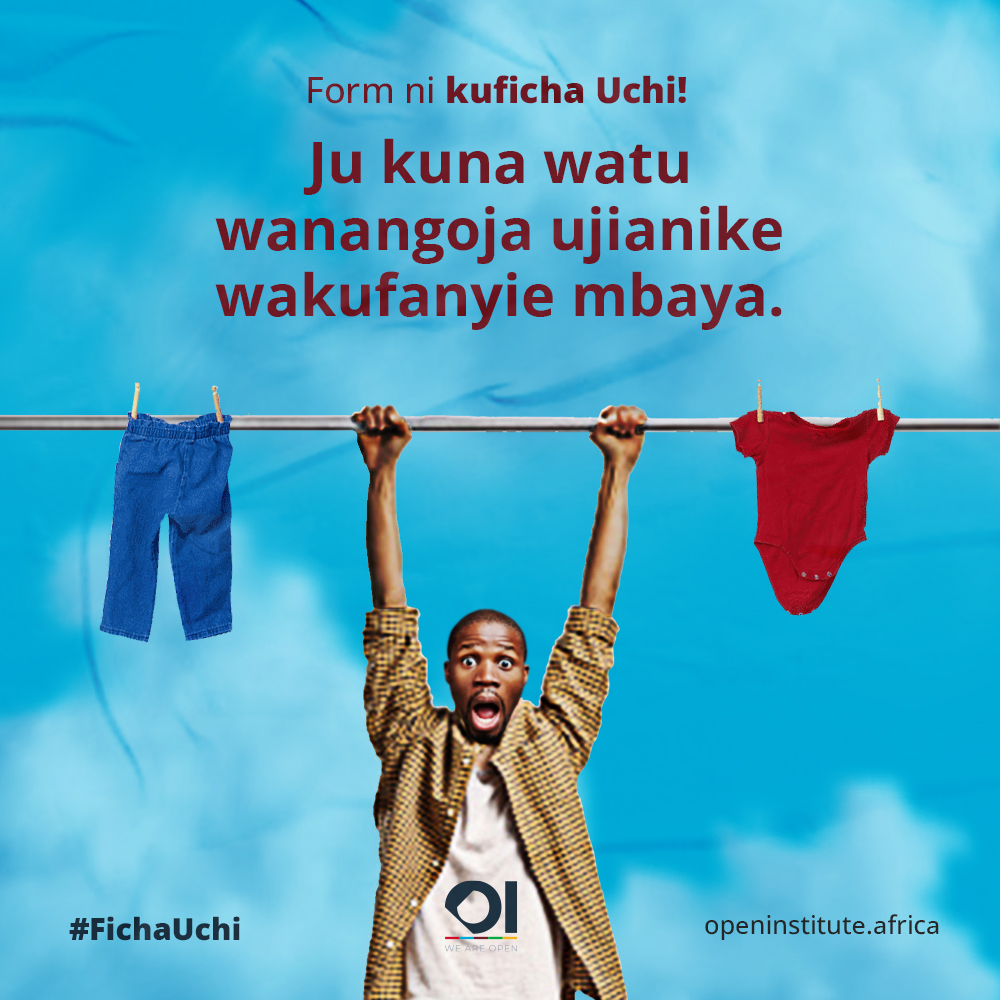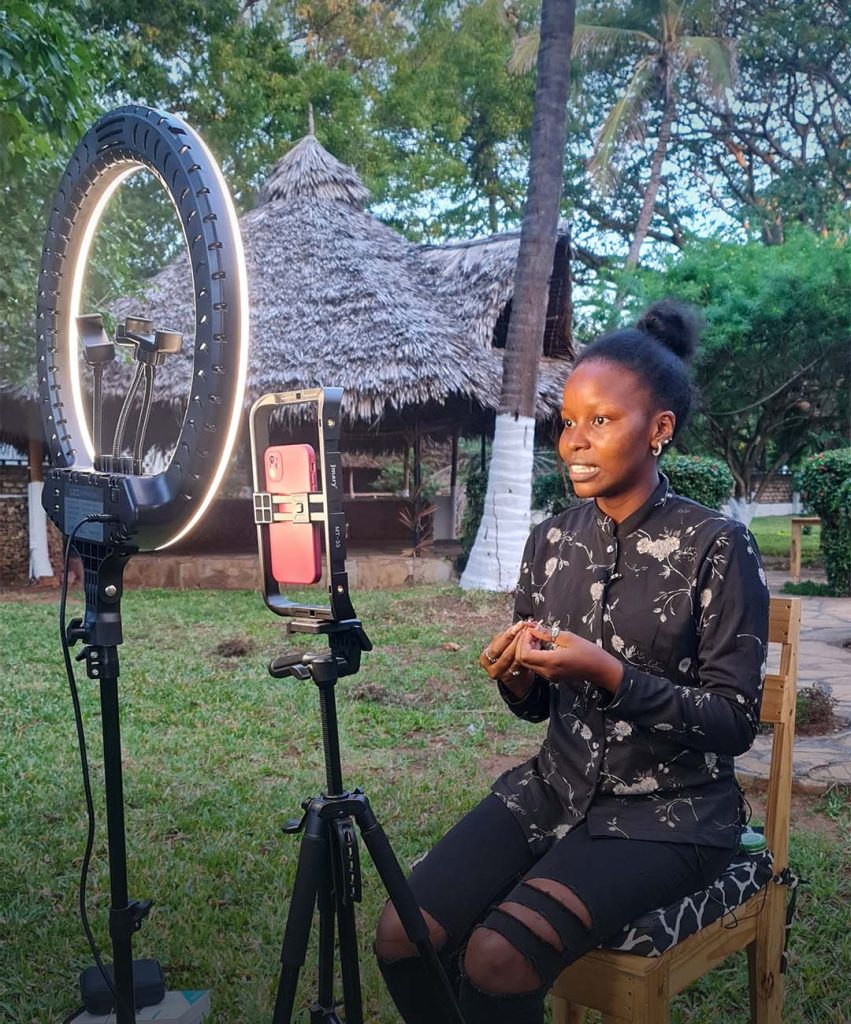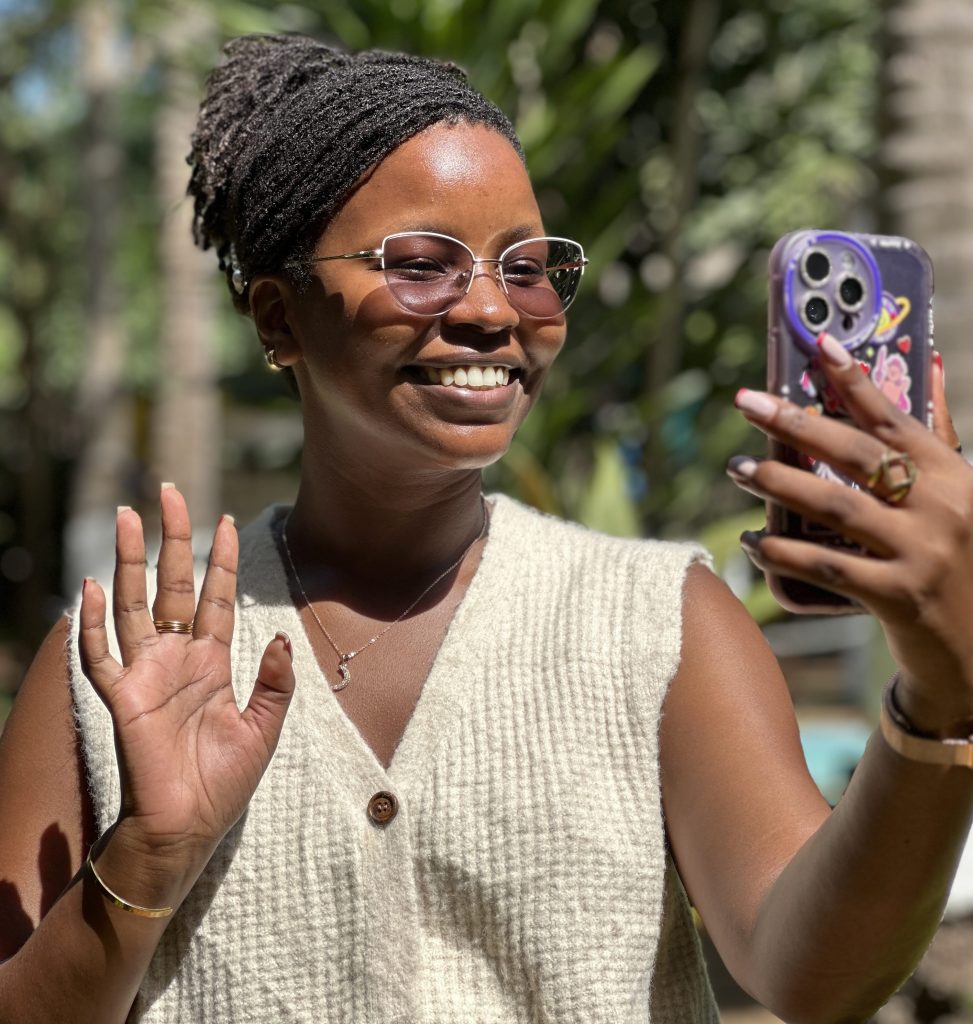The stories of a place are best told by the people of said place. They understand the language, the nuances, the locations and even the people better than anyone else would. All across the world, only a few people focus primarily on rural stories. And even those who do tell them from an outsider point of view. This means that not all the stories that should be told are told, and even when they are, because they are told by people outside these communities, they may be told without the depth they deserve (without factoring in all the nuances).
Ideally, the people of a place should be empowered and be motivated enough to be able to tell their own stories. But here in Kilifi County where we are based, that ideal is still far from reach. Content creators who have a lot of content to share end up doing other things except content creation. Hundreds of young people who are media practitioners do not practise. They freelance for community radios and only a handful of them occasionally work with more established media houses.
What happens is that you, a twenty-something-year old, are fortunate to graduate from a media school, excited that now you have the opportunity to put all the skills you have acquired into practice. You want to help your community by sharing its experiences, ideas and ambitions. You want to call attention to the issues of your people so that help may come. But, you quickly find that jobs are scarce and those available pay very little. You look around your village for mentors, you find none because the aberrant few who made it moved out to urban areas — more so cities. Majority of the others who remained have very little stains of media practise on them. You see them operating bodabodas (motorbikes), farming, selling in the market etc. The only well-to-do media practitioners you know are the ones you watch on tv, none of whom you have interacted with. So coupled with other challenges, it begins to seem as if it would be a bad idea to peg your livelihood on journalism.
Considering how vast and remote Kilifi county is, for one to put together just one story, one would have to contend with long distances, bad roads, no roads, accommodation challenges and more. In the end, the cost of a story outweighs the income, at which point the value of it all is lost.
We strongly believe that people matter, and so do their stories. If storytellers are not empowered and motivated, who will tell us how Sustainable Development Goals (SDGs) are doing in our communities? Who will call attention to our issues? Who will share with us the culture of a people? Who will inspire us with ideas? Who will tell us what the government is doing and who will help us keep our governments accountable?
We have continued to work towards bringing content creators together through a program we call Kibaraza. The aim of this program is to find ways in which we can help rural content creators to organise themselves so that they meet more often, share experiences, information and ideas, collaborate, create more and consequently make more money. We have seen the value of meet-ups in urban places and we think that if that is replicated in rural areas, then, it may be possible for content creation to be more representative and diverse.
Over this past weekend, we had our second meet-up with journalists in Malindi. Through our partnership with Baraza Media Lab, we had James Smart, an experienced Kenyan journalist, prime-time television anchor and talk show host based in Nairobi, joining us to share in our experiences and talk to us about freelancing and the opportunities that exist for freelancers in remote places. He described to us his freelancing years and then proceeded to discuss with us the opportunities that lay in personal branding, mobile journalism and social media. “You stand as much of a chance as anyone anywhere to become the best storyteller. You have the most unique stories here, and only you can tell them the way you can. So use whatever resources you have available to you, including your mobile phones and social media like youtube, to create your brands,” he advised.
Additionally, we discussed reporting around elections and the huge responsibility of tackling misinformation and disinformation. The team from Baraza introduced the journalists to Fumbua, a collective of media-related organisations that address mis/disinformation through research, identification, debunking, verification, and fact-checking. Through Fumbua, the journalists can verify any information they have before they submit their story for public consumption. With such a platform in place, it heightens their awareness to news and narratives circulating around their communities and gives them confidence to promote or discredit information.
Through our Kibarazas, we continue to create opportunities for rural creatives in Kilifi county to interact with more exposed content creators from urban places in an effort to inspire them to desire more, to see that even they can reach the heights of their dreams and so that no content creator is left behind.


